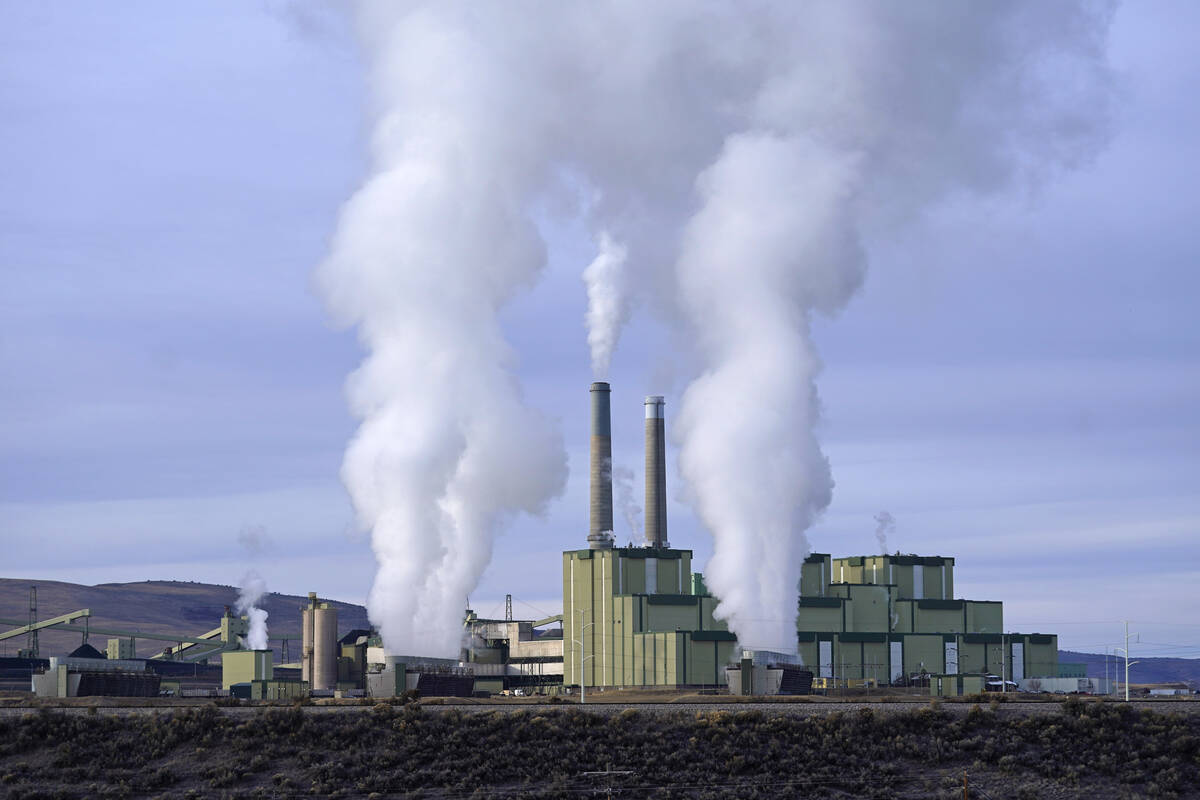Even green Europeans would rather tap coal than face the reality of overdependence on unreliable renewable energy.
Late last month, Germany’s energy regulator said the country needs more coal power. That’s surprising news, because its leaders have long bought into global warming alarmism. But it again highlights the problems that arise when green rhetoric on energy runs into reality.
To lower carbon emissions, German officials have spent decades revamping how the country generates power. Germany has moved away from reliable sources, such as nuclear and coal, to embrace green power, such as wind.
In 2020, German officials even decided to give more than 4 billion euros to utility companies to speed up the future shuttering of coal power plants. Its leaders want to be entirely weaned off coal power by 2030. Additionally, the country promised up to 40 billion euros to support areas of the country that mined coal. In 2023, Germany closed its last three nuclear power plants.
A massive expansion of wind energy was supposed to fill the gap. In 2022, Germany passed a plan calling for 80 percent of its power to come from renewable sources by 2030. Beginning in 2025, officials sought to bring online more than 10 gigawatts of new offshore wind energy annually.
In a 2023 speech at Princeton University, German Federal Minister of Finance Christian Lindner labeled renewable energy sources as “freedom energies.” This is “because they make us independent of gas imports from Russia, for example, and protect the interests of future generations.”
Then reality arrived and interrupted his magical thinking. Sometimes the wind doesn’t blow. Every day there are times when the sun doesn’t shine. That’s a problem because people need reliable power.
Nuclear energy used to provide that to Germany. It doesn’t anymore. That leaves coal. The country’s energy regulator predicts the country will need twice as much reserve power from coal as it did last winter. The German government wants to build new natural gas power plants to provide backup power. Natural gas releases fewer carbon emissions than coal. But those plants are unlikely to be built before 2030.
Note the deep irony. German officials have been revamping the country’s power system, at great cost, to reduce carbon emissions. But they also shut down nuclear plants, which provide carbon-free power. Now that the country faces the entirely predictable consequences of relying on intermittent power sources, it’s turning to coal, which is one of the highest carbon-emitting power sources.
It’s easier and much cheaper to learn from other people’s mistakes. Facing a 50 percent renewable portfolio standard by 2030, Nevada lawmakers should take note of Germany’s struggles.
